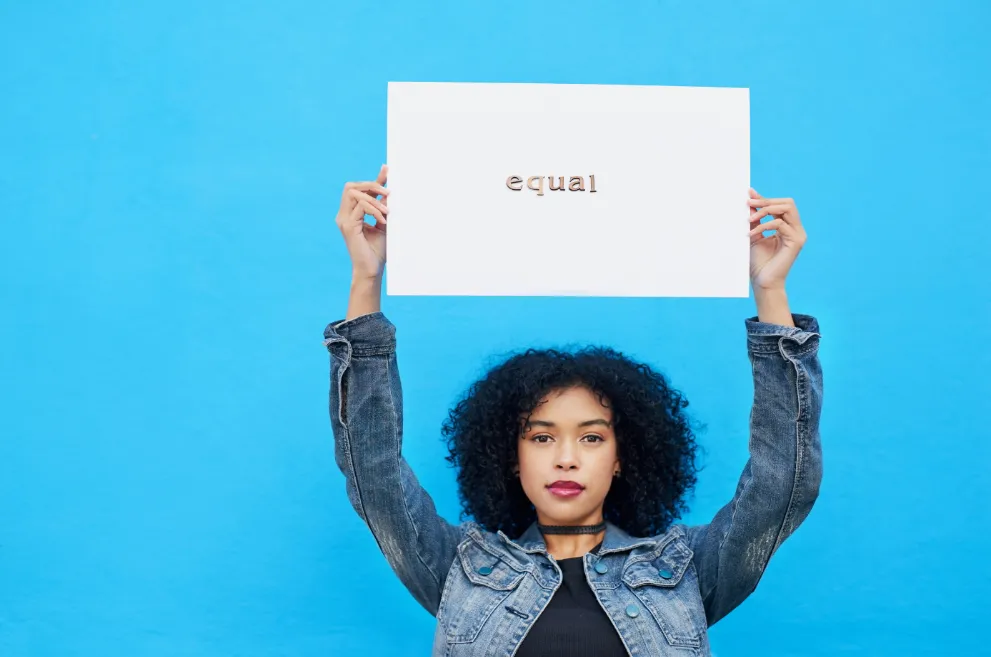Written and medically reviewed by Dorcas Morak, PharmD
On June 19th each year, Juneteenth Independence Day is observed to remember the abolition of slavery in the United States. It marks a significant milestone in African American history, signifying the end of enslavement and the pursuit of freedom. While Juneteenth is a time for celebration, it's crucial to recognize that the fight for racial equality is an ongoing battle. In this article, we shed light on the persistent health disparities faced by Black communities in the United States and the importance of addressing these issues to achieve true health equity.The Legacy of Juneteenth
On June 19th, 1865, Major General Gordon Granger and Union soldiers arrived in Galveston, Texas, spreading the news that the Civil War had ended and enslaved individuals were now free. This announcement, known as "Juneteenth," occurred more than two years after President Lincoln's Emancipation Proclamation, highlighting the delay in emancipation reaching all corners of the country. Juneteenth serves as a reminder of the struggles and resilience of African Americans throughout history.
Ongoing Challenges and Health Disparities
Despite the progress made since the abolition of slavery, racial inequality persists in various aspects of American society. Economic disparities, unequal access to housing, police brutality, voter suppression, hate speech, political discrimination, and health disparities all continue to impact Black communities. When it comes to healthcare, African American adults face numerous challenges, including high costs, limited availability, and other barriers that impede their access to quality care.
The Impact of Institutional Racism
Institutional racism further compounds the health disparities faced by Black communities. Often, the health concerns of Black patients are not taken as seriously as those of their white counterparts, resulting in delayed diagnoses and inadequate treatment. Tragically, African Americans are more likely to die at an early age from all causes compared to their white counterparts. Additionally, African Americans aged 35-64 are 50% more likely to have high blood pressure and experience higher rates of conditions such as diabetes and strokes at younger ages.
Health Disparities in the Black LGBTQ Community
Health disparities are also prevalent within the black LGBTQ community. Black gay and bisexual men are disproportionately affected by HIV, accounting for a significant portion of new HIV diagnoses among gay and bisexual men in the United States. Black transgender women face significant health and wellness disparities, with a high prevalence of HIV infection and a disproportionate vulnerability to violence and hate crimes.
Promoting Health Equity
At RxLess, we firmly believe in promoting health equity for all individuals, regardless of income, race, sexual orientation, immigration status, language, age, or location. We strive to ensure that everyone has an equal chance at accessing affordable medications. We are committed to breaking down barriers and providing affordable medications to all, empowering individuals to prioritize their health without financial burden.
















